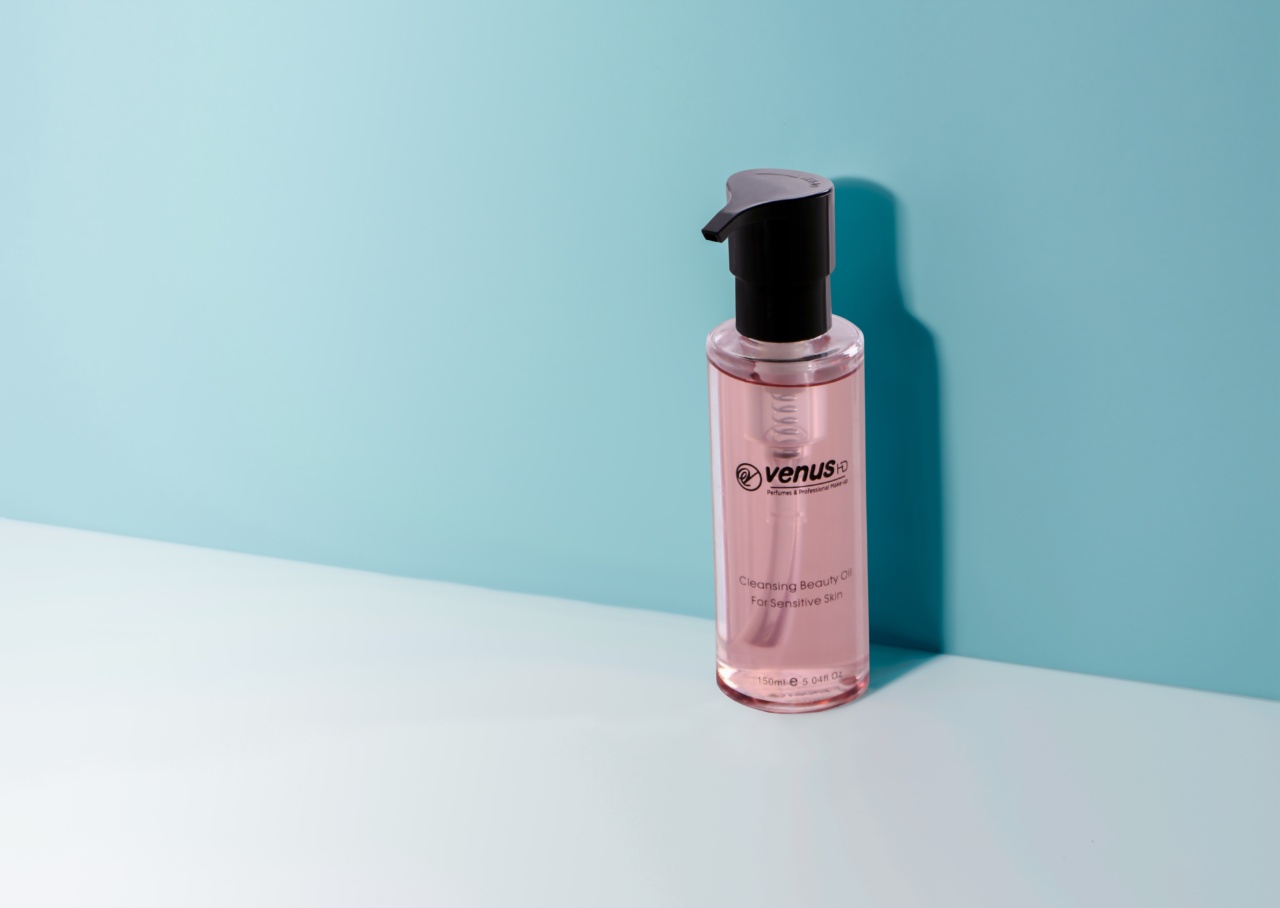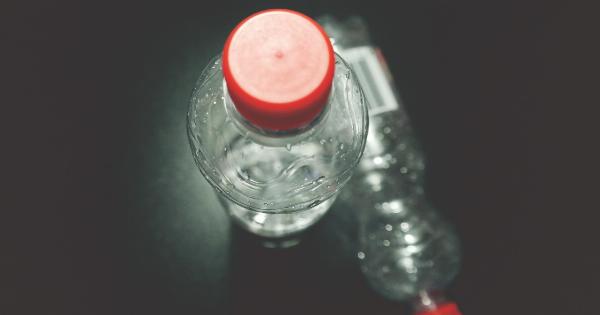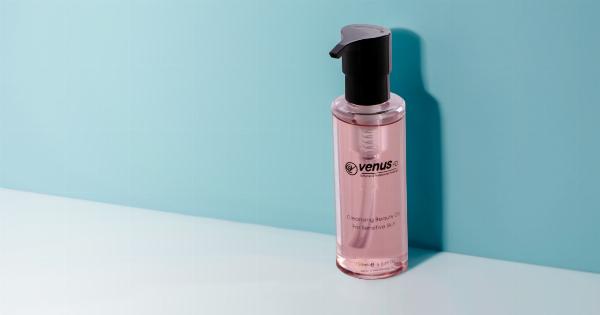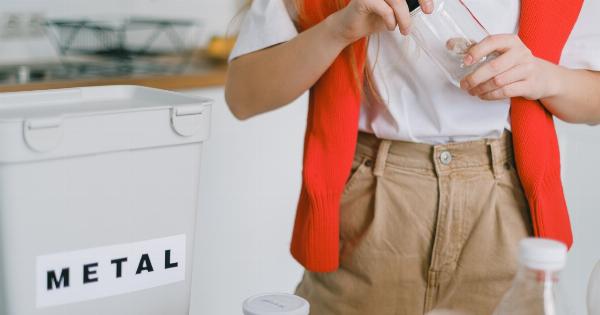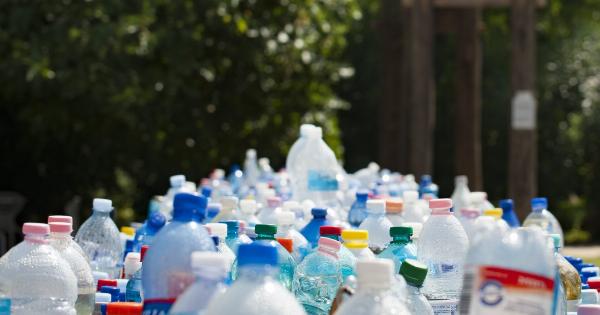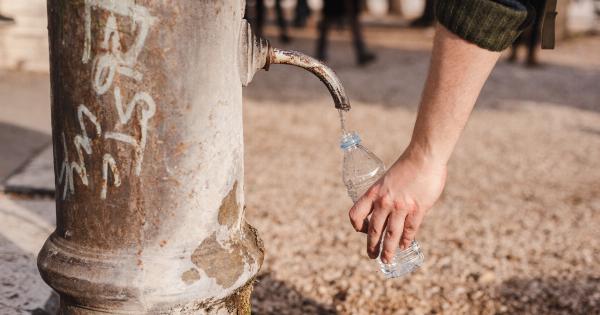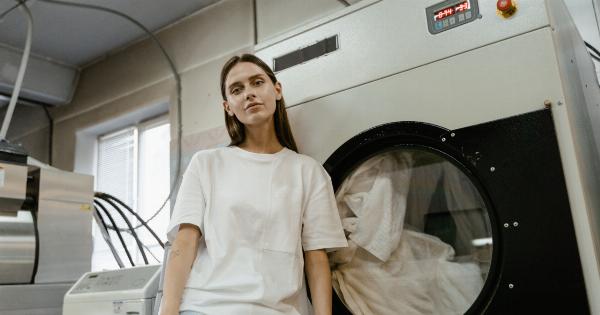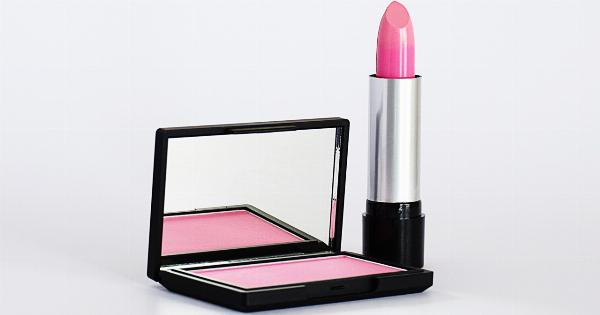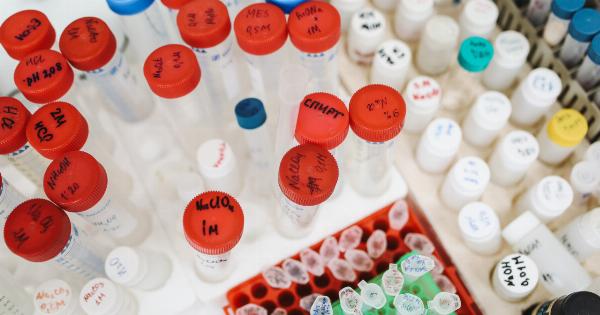Plastic bottles have become an integral part of our daily lives. Water or drinks, cleaning products, shampoos, and even condiments—plastic bottles are used to store everything.
But, have you ever wondered whether these plastic bottles are safe for your health? The answer might shock you.
BPA—The Hidden Harmful Chemical
BPA (Bisphenol A) is a chemical that is widely used in the production of plastic bottles, and it’s affecting our health in ways we may not realize.
When you drink from a bottle made of BPA plastic, or heat food in plastic containers made from BPA, you are ingesting a harmful chemical that can lead to serious health problems.
BPA is known to interfere with the hormonal balance in the human body. Research has shown that BPA can adversely affect the human reproductive system.
Pregnant women should avoid using plastic bottles because BPA may cause birth defects, and it can also affect their child’s development and behavior.
BPA—A Cancer Causing Agent
There have been reports that BPA can cause cancer. The National Toxicology Program has identified BPA as a substance that can impact the development of the prostate gland and lead to an increased risk of cancer.
BPA can also cause obesity, diabetes, and cardiovascular diseases. The chemical interferes with insulin production in the body, which can lead to diabetes, and it disrupts glucose production, which can cause weight gain and obesity.
BPA has also been linked to heart disease, high blood pressure, and the development of Alzheimer’s disease.
The Risks of Reusing Plastic Bottles
Many people reuse or refill their plastic bottles to reduce plastic waste and save money. Unfortunately, reusing plastic bottles can expose you to an even higher level of BPA.
When you reuse a bottle, you increase the chance of bacteria accumulating in it, and this can further leach chemicals into the water or drink you consume.
Another concern is that plastic bottles that are exposed to sunlight can release chemicals that are harmful to your health. So, if you leave a plastic bottle in your car to reuse it later, you may be risking your health.
The Safer Alternatives
To maintain good health, you must reduce your exposure to BPA. Here are some safer alternatives to plastic bottles:.
- Stainless steel bottles
- Glass bottles
- Bamboo water bottles
You can also opt for reusable plastic bottles that are labeled as BPA-free. However, it is always better to choose the alternatives mentioned above, as some BPA-free plastics may still leach harmful chemicals.
Conclusion
It’s time we start taking the risks associated with plastic bottles seriously. Reducing your exposure to BPA will help you maintain good health, and the alternatives are easily available.
Choose the health of your family over convenience, and switch to safer alternatives today.
